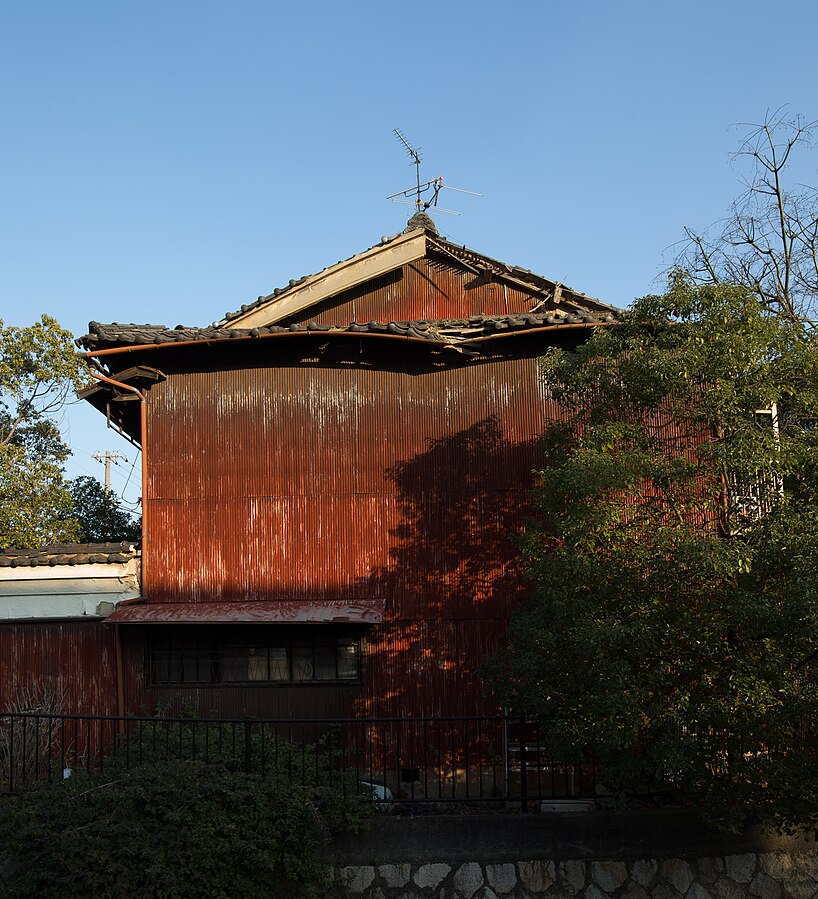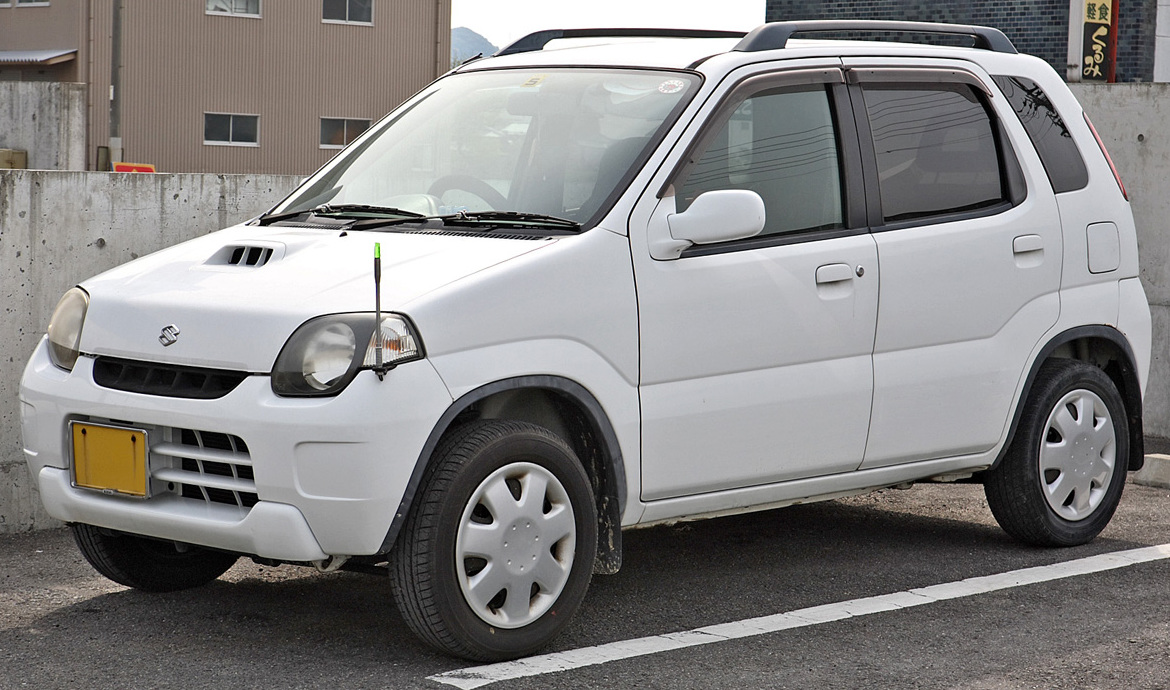Making up nearly 14% of Japanese homes, Japan has a lot of vacant houses “akiya” (空き家). Despite their low cost, the demand for purchasing an akiya seems not to be there. One part of the problem is there is not a lot of incentive for real estate agents to try and actually sell them since they can legally only get so much commission for an inexpensive home. Trying to combat this issue, the Japanese government recently changed the law to allow for more commission on the sale of less expensive homes.
The change in Law
In order to increase the circulation of akiya, the Ministry of Land, Infrastructure, Transport and Tourism (MLIT) passed a law effective from July 1, 2024, increasing the amount of commission that you are allowed to receive from less expensive properties.
Before this change in law, any property with a value of less than 4 million yen could at most receive 180,000 yen (pre-tax) in commissions. With the new law, any property with a value of less than 8 million yen can receive up to 300,000 yen (pre-tax) in commissions.
Considering the amount of time it takes to sell a house, many real estate agents did not feel the need to put much effort into advertising and brokering akiya due to the low potential reward. Increasing the reward for selling inexpensive houses could potentially alleviate this issue.
Will this law be effective
Now that real estate agents can gain almost twice as much from selling inexpensive properties, you would expect more effort to be put into selling them. But even with more incentives, it still might not be as effective as you may think.
The biggest issue with selling akiya is not necessarily the lack of incentive, but the fact a lot of people simply do not want them. A major concern for many people when looking at akiya is simply that they view them as dirty, unsafe, and lacking in many features of modern homes. Increasing commissions for selling them will not fix the core problem of why they are so inexpensive to begin with.
On top of that, these homes tend to be in undesirable areas away from where most people would want to live, making it hard to find a market for such homes.
Due to these factors, in selling akiya, it is first important to alleviate the concerns people in the market for a house have.
Internationally there has been a surge of interest in buying such homes due to social media comparing such inexpensive houses to the surging markets in countries like the United States. However, it is still unknown how much this will affect the Japanese market.
Conclusion
With the change in law increasing potential commissions real estate agents can receive from less expensive houses, there is an opportunity for an emerging market of brokerages selling inexpensive houses. However, due to the undesirability of buying these houses, the long-term effect is yet to be known.

 How to prevent bugs from getting into your apartment in Japan
How to prevent bugs from getting into your apartment in Japan